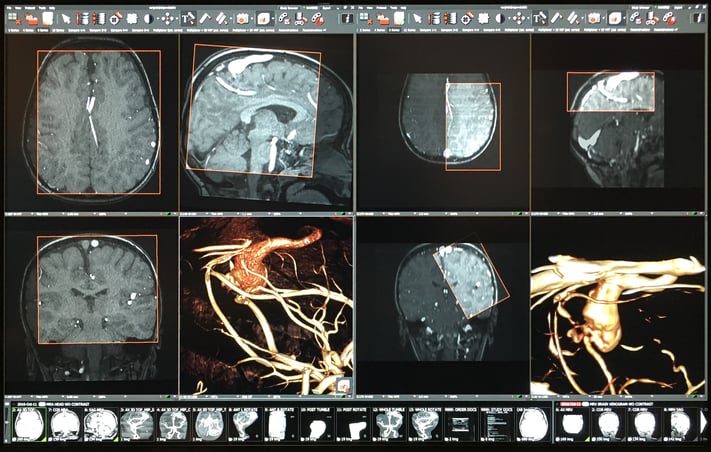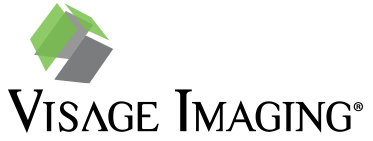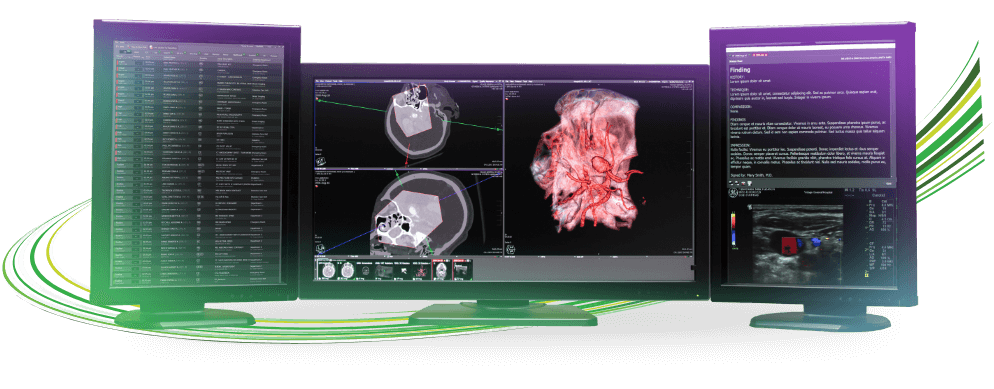Can you? Visage can. Vol. 1 Speed | Chapter 2: 3D/Advanced Visualization

Welcome to the next edition of our new series of blog posts, “Can you? Visage can.” In Chapter 1 of Speed, we discussed why Image Display is the immediate reflex most people think about when considering the speed of enterprise imaging. While it may begin with Image Display, it does not end there. In this post, we'll continue the conversation into Chapter 2: 3D/Advanced Visualization.
3D/Advanced Visualization
To this day, many legacy PACS cannot display advanced visualization reconstructions or VR images, within their core viewer(s). The user must launch a third-party application to view additional multi-dimensional images. If the images are not on the third-party server, the user has to wait for the data to be transferred, be processed, and displayed. In most cases this delay is intolerable, so much so that radiologists ask that static secondary captures be generated at the modality console or workstation. And even for those rare vendors that do support advanced visualization in their viewers, often the advanced visualization tools are a plugin, with a different workflow and look and feel, slowing the user down.
Visage 7 pre-processes cross-sectional image data at the server (CT, MR, PET/CT, PET/MR, DBT, etc.), and when the user requests current and prior(s) for display on-demand, all of the images are immediately available for multi-dimensional display in the protocol.

100% of Visage’s advanced visualization features are native Visage code. With Visage, the haves and the have-nots are a thing of the past. Referring physicians who require radiologist caliber tools, including 3D/advanced visualization, have access without additional cost, limitation or any performance impact whatsoever.
Stay tuned. Next up for "Can you? Visage can" is the multi-gigabyte Chapter 3: Digital Breast Tomosynthesis.




